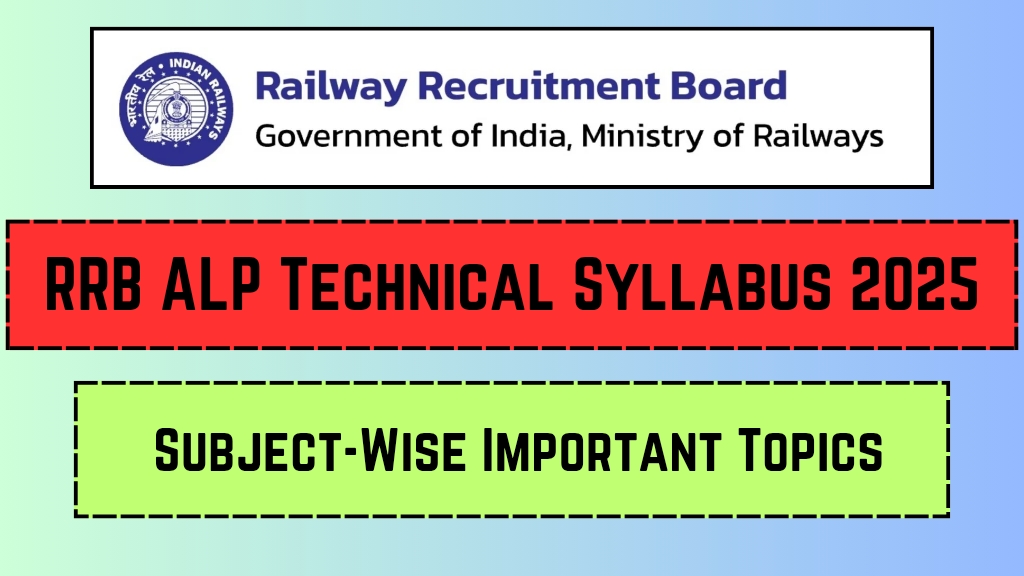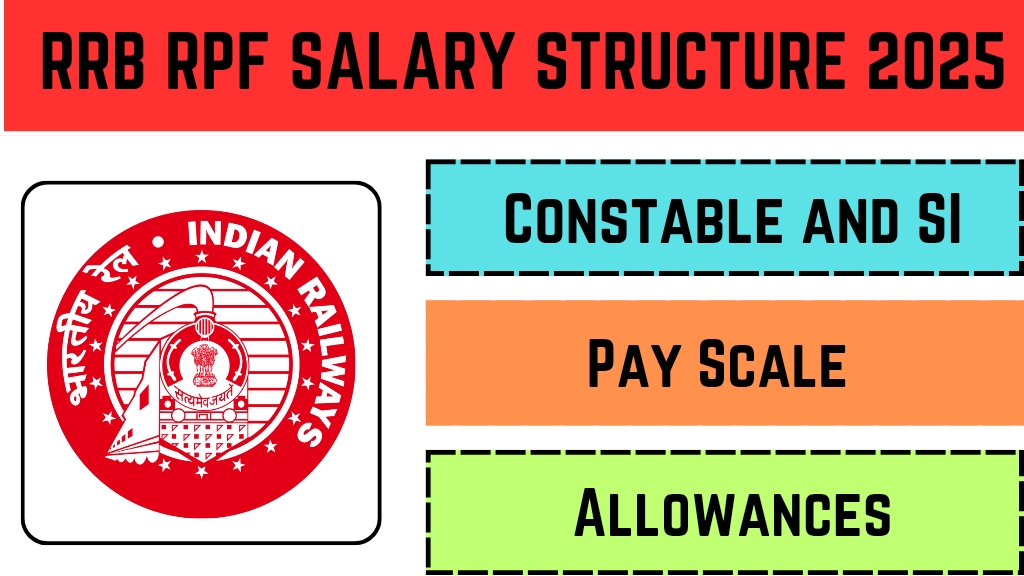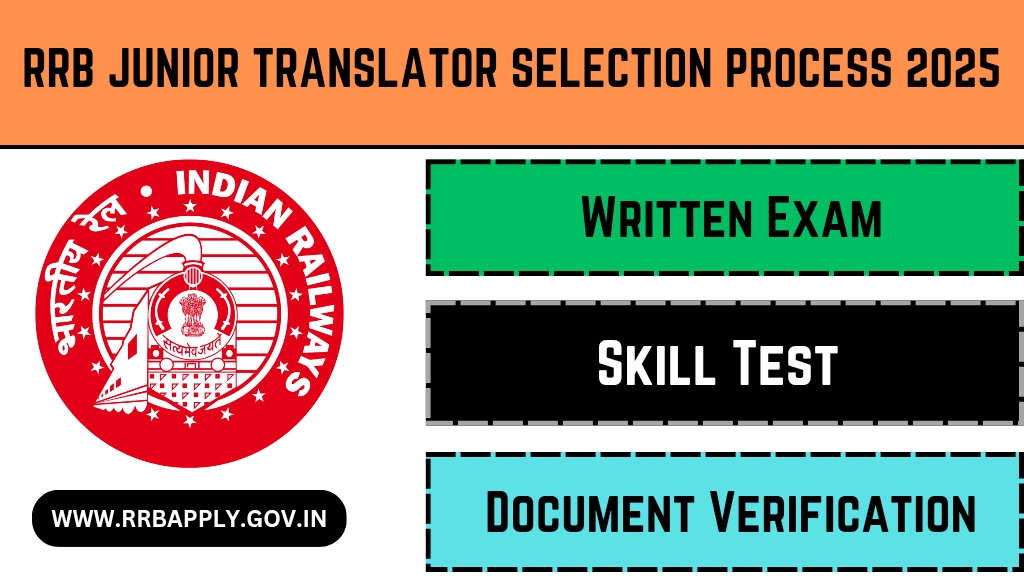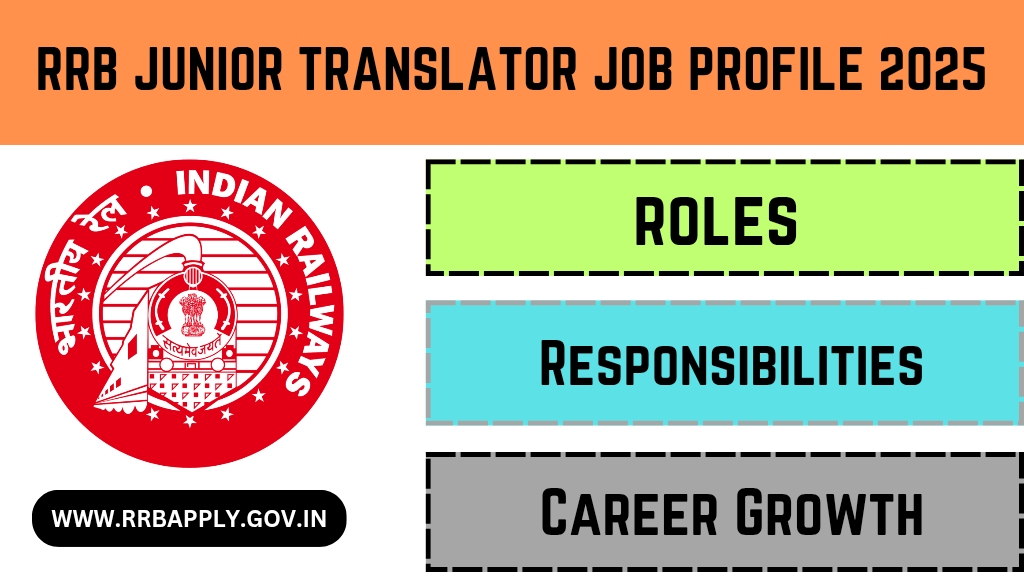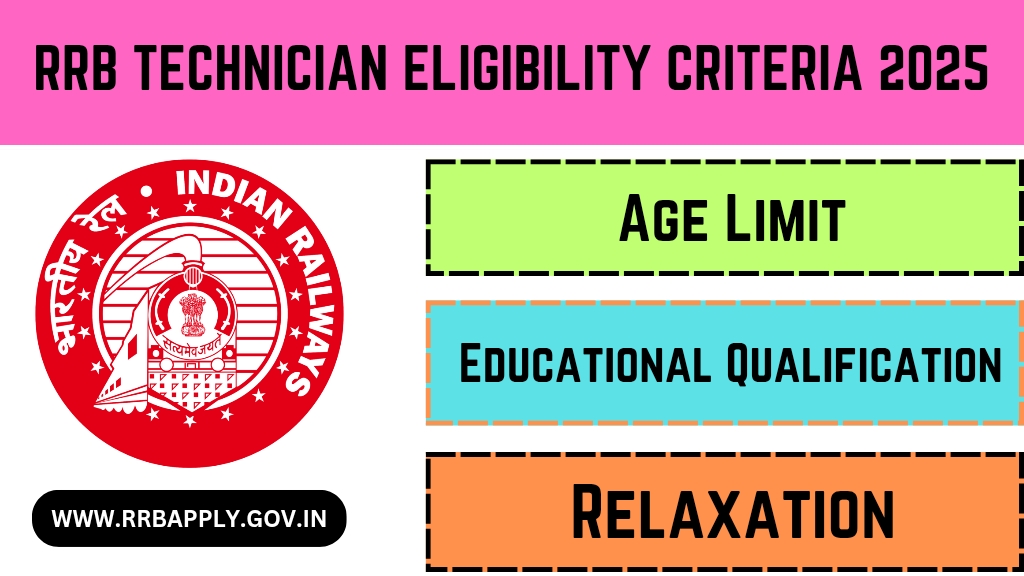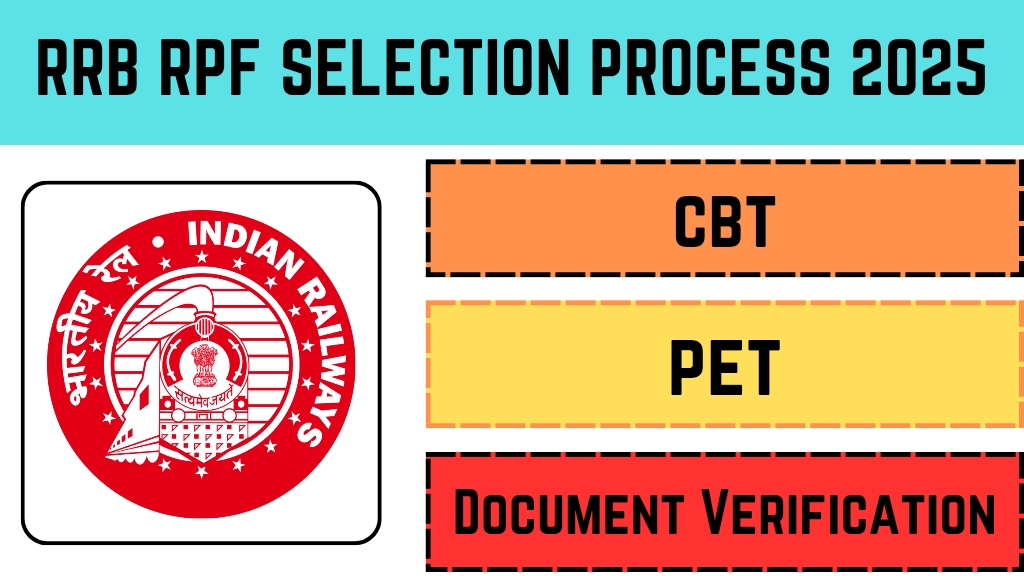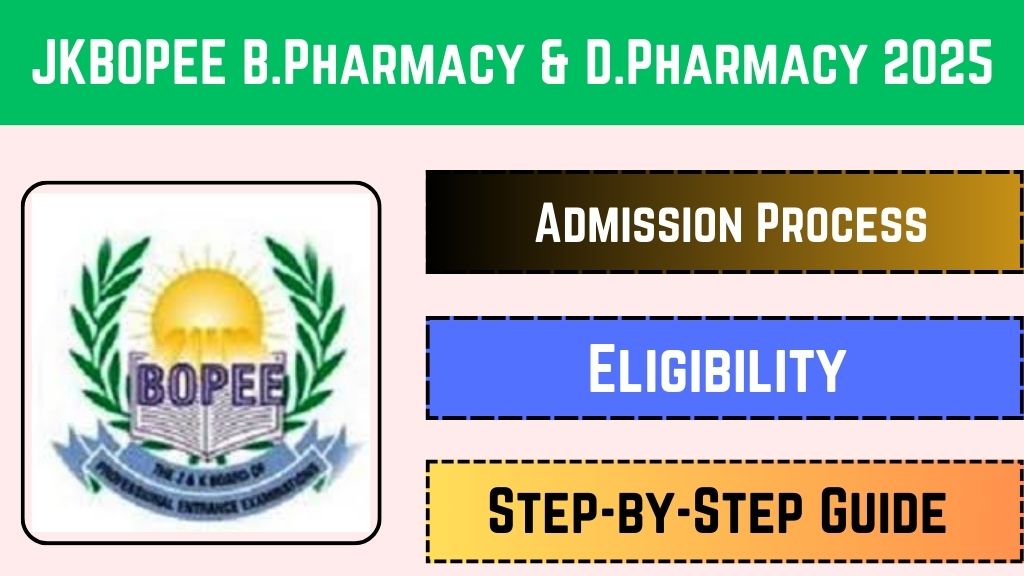The Railway Recruitment Board (RRB) conducts the Assistant Loco Pilot (ALP) examination to recruit candidates for the pivotal role of operating trains across India. A thorough understanding of the RRB ALP Technical Syllabus 2025 is essential for aspirants aiming to excel in this competitive exam. This article provides a detailed, subject-wise breakdown of the technical syllabus to guide your preparation effectively.
Exam Structure Overview 🗓
The RRB ALP selection process comprises multiple stages:
- First Stage CBT (Computer-Based Test): This initial phase assesses general competencies.
- Second Stage CBT: Divided into Part A and Part B, focusing on technical subjects relevant to the ALP role.
- Computer-Based Aptitude Test (CBAT): Evaluates candidates’ aptitude for the position.
- Document Verification: Final stage to confirm eligibility and credentials.
Second Stage CBT Breakdown 🗓
The Second Stage CBT is crucial as it delves deeper into technical knowledge. It consists of:
- Part A: Covers Mathematics, General Intelligence & Reasoning, Basic Science & Engineering, and General Awareness.
- Part B: A qualifying section focusing on trade-specific subjects pertinent to the ALP role.
Subject-Wise Syllabus Details 🗓
1. Mathematics
- Number System
- Decimals and Fractions
- LCM and HCF
- Ratio and Proportion
- Percentages
- Time and Work
- Time and Distance
- Simple and Compound Interest
- Profit and Loss
- Algebra
- Geometry and Trigonometry
- Elementary Statistics
- Square Root
- Age Calculations
- Calendar & Clock
- Pipes & Cisterns
Note: A solid grasp of these topics is vital for problem-solving efficiency.
2. General Intelligence and Reasoning
- Analogies
- Alphabetical and Number Series
- Coding and Decoding
- Mathematical Operations
- Relationships
- Syllogism
- Jumbling
- Venn Diagram
- Data Interpretation and Sufficiency
- Conclusions and Decision Making
- Similarities and Differences
- Analytical Reasoning
- Classification
- Directions
- Statement – Arguments and Assumptions
Note: Regular practice can enhance logical thinking and accuracy.
3. Basic Science and Engineering
- Engineering Drawing (Projections, Views, Drawing Instruments, Lines, Geometric Figures, Symbolic Representation)
- Units, Measurements, Mass, Weight, and Density
- Work, Power, and Energy
- Speed and Velocity
- Heat and Temperature
- Basic Electricity
- Levers and Simple Machines
- Occupational Safety and Health
- Environment Education
- IT Literacy
Note: Understanding these fundamentals is crucial for technical problem-solving.
4. General Awareness and Current Affairs
- Science & Technology
- Sports
- Culture
- Personalities
- Economics
- Politics
Note: Staying updated with current events will aid in this section.
5. Relevant Trade Subjects (Part B)
This section assesses knowledge specific to the candidate’s chosen trade. For instance:
- Electrical Engineering:
- Electrician
- Instrument Mechanic
- Wireman
- Winder (Armature)
- Refrigeration and Air Conditioning Mechanic
- Mechanical Engineering:
- Fitter
- Mechanic Motor Vehicle
- Tractor Mechanic
- Mechanic Diesel
- Turner
- Machinist
- Refrigeration and Air Conditioning Mechanic
- Heat Engine
- Millwright Maintenance Mechanic
Note: Candidates should focus on the trade they have selected, as this section is qualifying in nature.
Key Highlights 🗓
- Organization Name: Railway Recruitment Board (RRB)
- Join WhatsApp: JOIN NOW
- Join Telegram: JOIN NOW
- Official Website: indianrailways.gov.in
Preparation Tips 🗓
- Understand the Exam Pattern: Familiarize yourself with the structure and weightage of each section.
- Create a Study Plan: Allocate time to each subject based on your strengths and weaknesses.
- Practice Regularly: Solve previous years’ question papers and take mock tests to build confidence.
- Stay Updated: Keep abreast of current affairs, especially in science and technology.
- Revise Consistently: Regular revision is key to retaining information and performing well.
By adhering to this structured approach and focusing on the outlined syllabus, candidates can enhance their chances of success in the RRB ALP examination.
